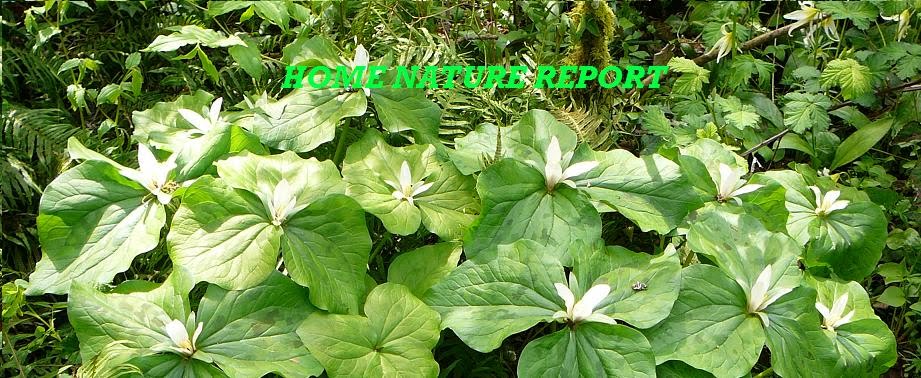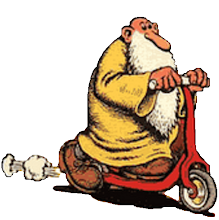 From Wikkipedia:
From Wikkipedia:In 1945 when Japan surrendered, Chiang's Chongqing government was ill-equipped and damaged from fighting the Japanese, which made it difficult to reassert its authority in eastern China. Sometimes it gained cities that were formerly held by Japanese troops, which was a deeply unpopular course of action. However, with American help, it was able to reclaim the coastal cities.
Following the war, the United States encouraged peace talks between Chiang and Communist leader Mao Zedong in Chongqing. Due to concerns about widespread corruption in Chiang's government, the U.S. suspended aid to Chiang Kai-shek for much of the period of 1946 to 1948, in the midst of fighting against the People's Liberation Army led by Mao Zedong. In the 1950s, allegations of assistance to communist interests in China surfaced involving the withholding of funds for the stabilization of the Chinese currency by certain U.S. officials, including senior U.S. Treasury Department officials and alleged Soviet spies Harry Dexter White, Frank Coe, Solomon Adler, and others, in order to destabilize Chiang's Nationalist government during the Civil War.[6][7]
Though Chiang had achieved status abroad as a world leader, his government was deteriorating as a result of corruption and inflation. In his diary on June 1948, Chiang wrote that the Kuomintang had failed, not because of external enemies but because of disintegration and rot from within; and it was this, more than any alleged foreign intrigue, that contributed to his defeat. [8] The war had severely weakened the Nationalists both in terms of resources and popularity, while the Communists were strengthened by aid from Stalin[citation needed], and guerrilla organizations extending throughout rural areas. The Nationalists initially had superiority in arms and men; but their lack of popularity, heavy infiltration by communist agents in the nationalist government, and apparent disorganization soon allowed the Communists to gain the upper hand.
Meanwhile a new Constitution was promulgated in 1947, and Chiang Kai-shek was formally elected by the National Assembly to be the first term President of the Republic of China on 20 May 1948.





No comments:
Post a Comment